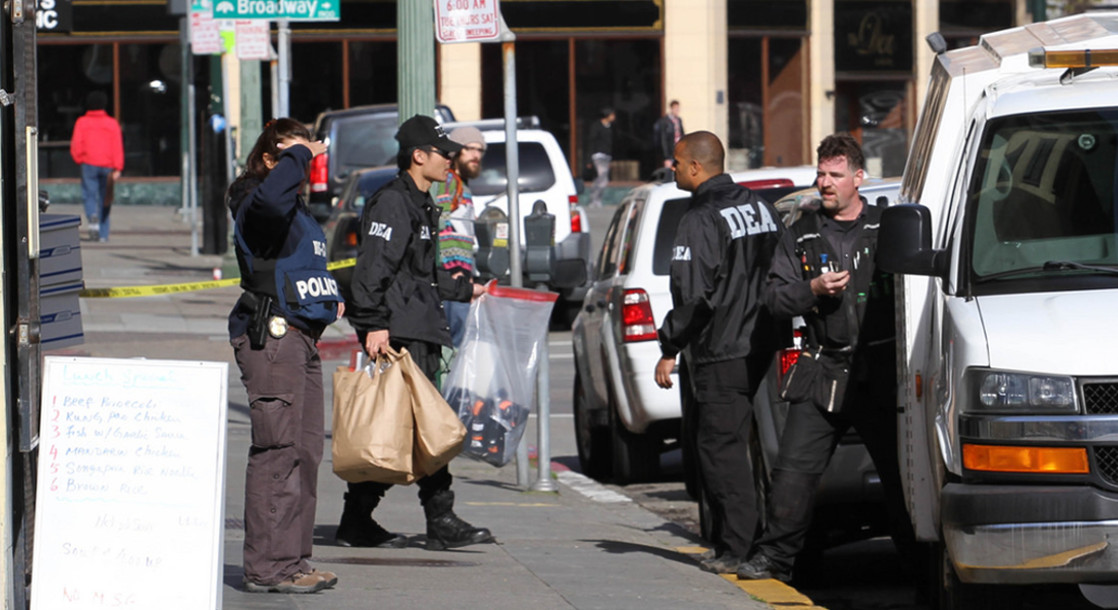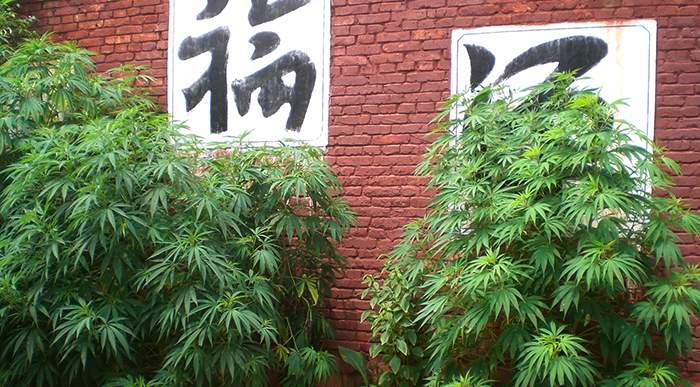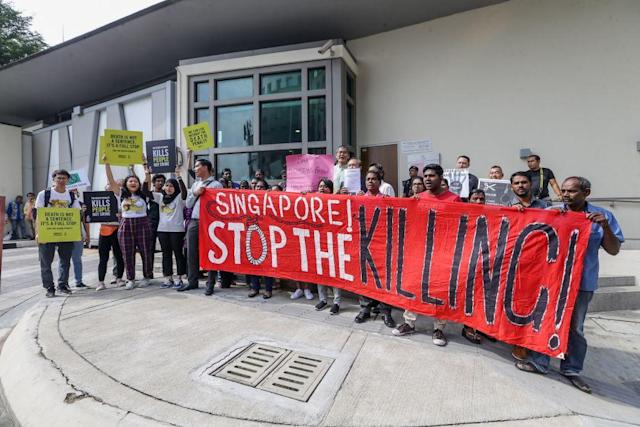Photo via Ryan Lackey
Despite hopes that cannabis legalization would put an end to the underground market for weed, several West Coast states are finding that large amounts of legally-grown pot is ending up in the hands of drug traffickers, who are selling off smuggled product at higher prices to residents of prohibition states. Over the past year, federal prosecutors have been making increasingly aggressive efforts to coordinate with canna-legal states in stopping illegal grows. So far, these actions have been concentrated on entirely illegal operations, but now, Colorado's top federal prosecutor has warned that state-legal canna-businesses may no longer be safe from federal raids.
The legal cannabis industry has exploded in many states, but relaxed regulations have allowed farmers in several of them to grow way more weed than local users are able to consume. Unable to sell excess product legally within their home states, farmers are faced with the difficult decision of letting their crops go to waste, or selling them off to the black market. A number growers, desperate to recoup the costs of state licensing, compliance, and site construction, have chosen the latter option, and legally-grown pot is finding its way across state lines.
The Obama administration took a hands-off approach to legal weed, but Attorney General Jeff Sessions has been looking for an opportunity to crack down on state-legal cannabis, and black market smuggling may be just the excuse he’s been seeking. In January, Sessions rescinded Obama-era guidance which protected state-legal cannabis industries from federal interference, and throughout the year, federal U.S. Attorneys have been making increasingly bold warnings to states with legal marijuana.
In Colorado, state officials have welcomed the federal government's assistance in eradicating illegal cannabis grows, hopeful that these raids would decrease competition for the legal industry. But this week, Denver U.S. Attorney Bob Troyer announced that his office was prepared to take even more aggressive action. The prosecutor said that his office would not rule out prosecuting state-legal cannabis companies that are knowingly diverting their product to the black market.
“We make decisions based on safety,” Troyer told the Denver Post. “Sometimes compliance with state law is relevant to that, and sometimes it’s not. We do not make decisions based on labels like ‘compliance with state law.’ Labels are not relevant to us — people’s safety is.” Troyer added that his office is currently coordinating with local law enforcement to conduct raids against a legally-licensed chain of dispensaries in Denver, which he alleges are a front for illegal drug trafficking.
In an op-ed he authored for the Denver Post last week, Troyer claimed that Colorado has “become a source-state [for black market cannabis], a theater of operation for sophisticated international drug trafficking and money laundering organizations from Cuba, China, Mexico, and elsewhere.” The prosecutor also noted that federal authorities seized more than 80,000 illegally-grown cannabis plants from Colorado’s federal land last year, and claimed that over 6.4 metric tons of weed that was legally grown in the state remains unaccounted for.
Colorado's cannabis industry has largely embraced the federal government's efforts to quash entirely-illegal pot grows, but have bristled at the suggestion that the feds may soon be coming after legal businesses. “Targeting legal dispensaries that are doing their best to follow the letter of Colorado’s laws makes no sense without meeting with the owners and discussing their interpretation of the laws,” Kristi Kelly, executive director of Colorado trade association Marijuana Industry Group, said to the Post. “We would have extreme concerns about that.”
"We remain committed to maintaining the integrity of the system we've built," Jacque Montgomery, a spokesperson for Gov. John Hickenlooper, said to the Associated Press. "That means attentive regulatory oversight and enforcement and, where necessary, criminal enforcement against anyone who abuses our rules." Montgomery added that the state has a strong relationship with federal officials, and "share their concerns about abuses in the industry."
Colorado is not the only state that has drawn the attention of federal law enforcement. In Oregon, cannabis farmers have reportedly harvested 1.5 million pounds of excess weed, and amid falling prices, some have been selling their wares to drug traffickers. Oregon U.S. Attorney Billy Williams has repeatedly threatened the state with federal intervention, leaving state officials and industry leaders scrambling to come up with their own solution to the problem.
California has also been struggling with its own black market problems. An estimated 11 million tons of pot is grown on illegal farms across the Golden State, 90% of which is grown using illegal, toxic pesticides that have been poisoning forests, waterways, and wildlife — and pose an unknown risk to the people who end up smoking this tainted product. Despite such potential hazards, around 20% of Californians still reportedly buy black market marijuana, attracted by lower prices and easier availability.











